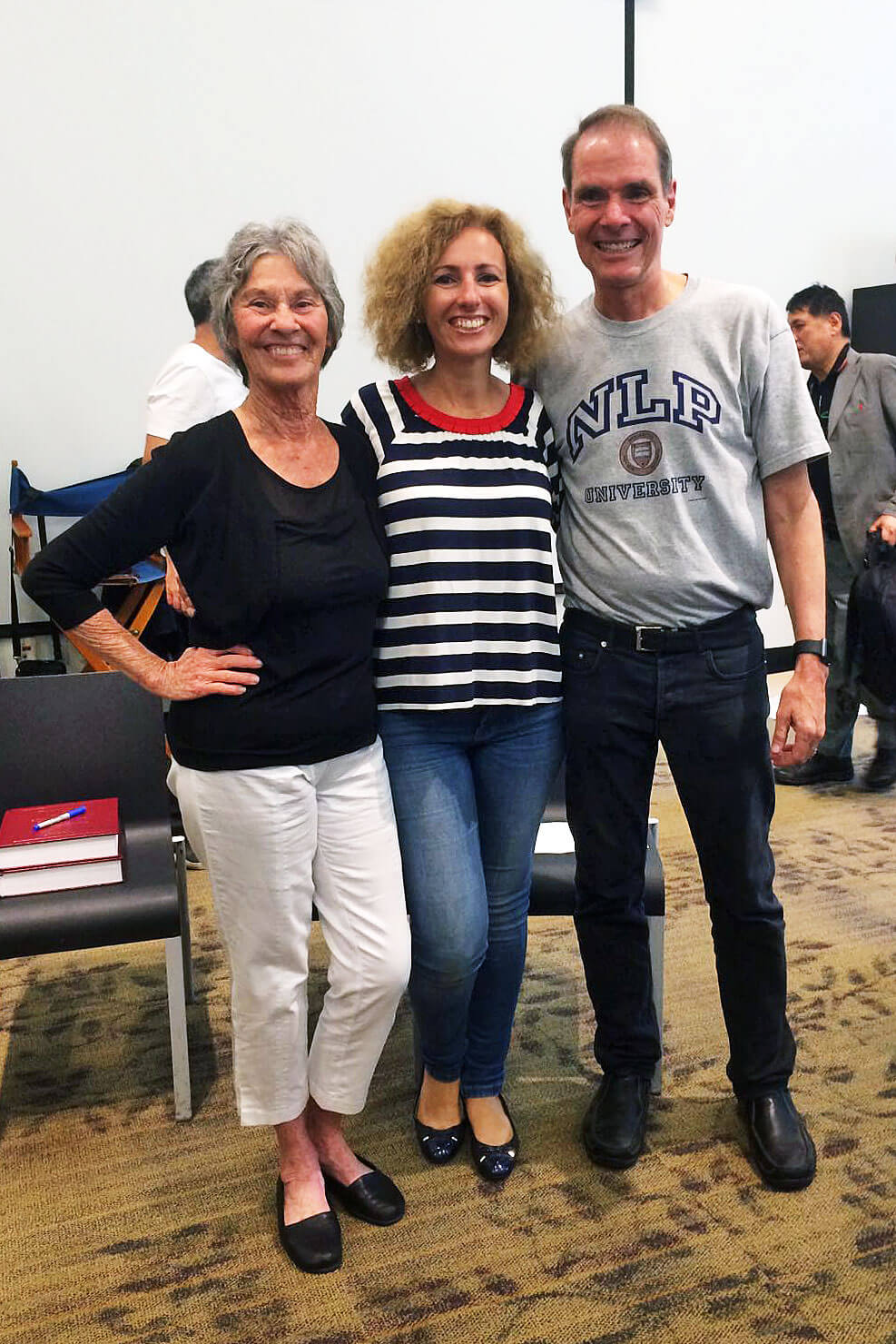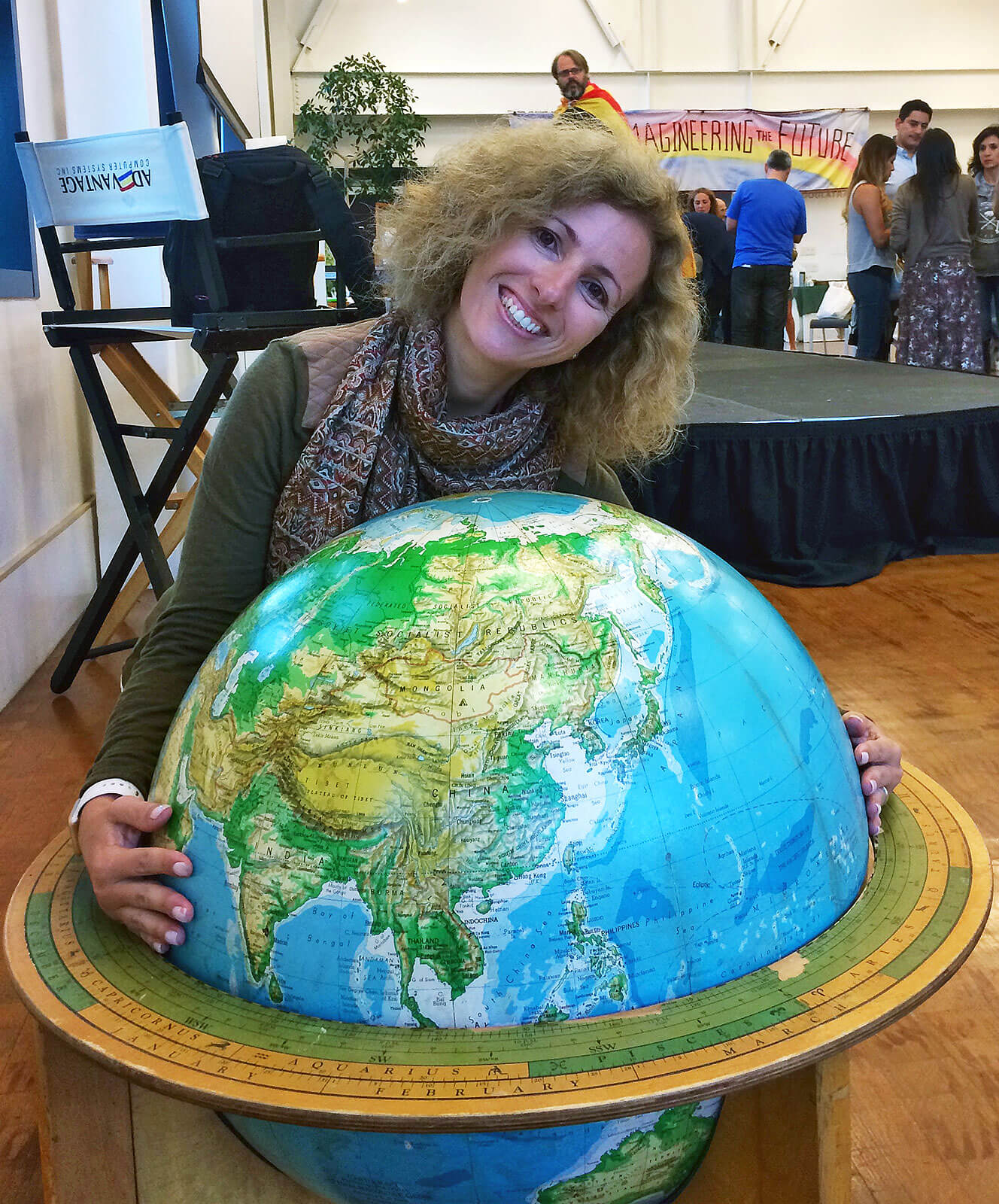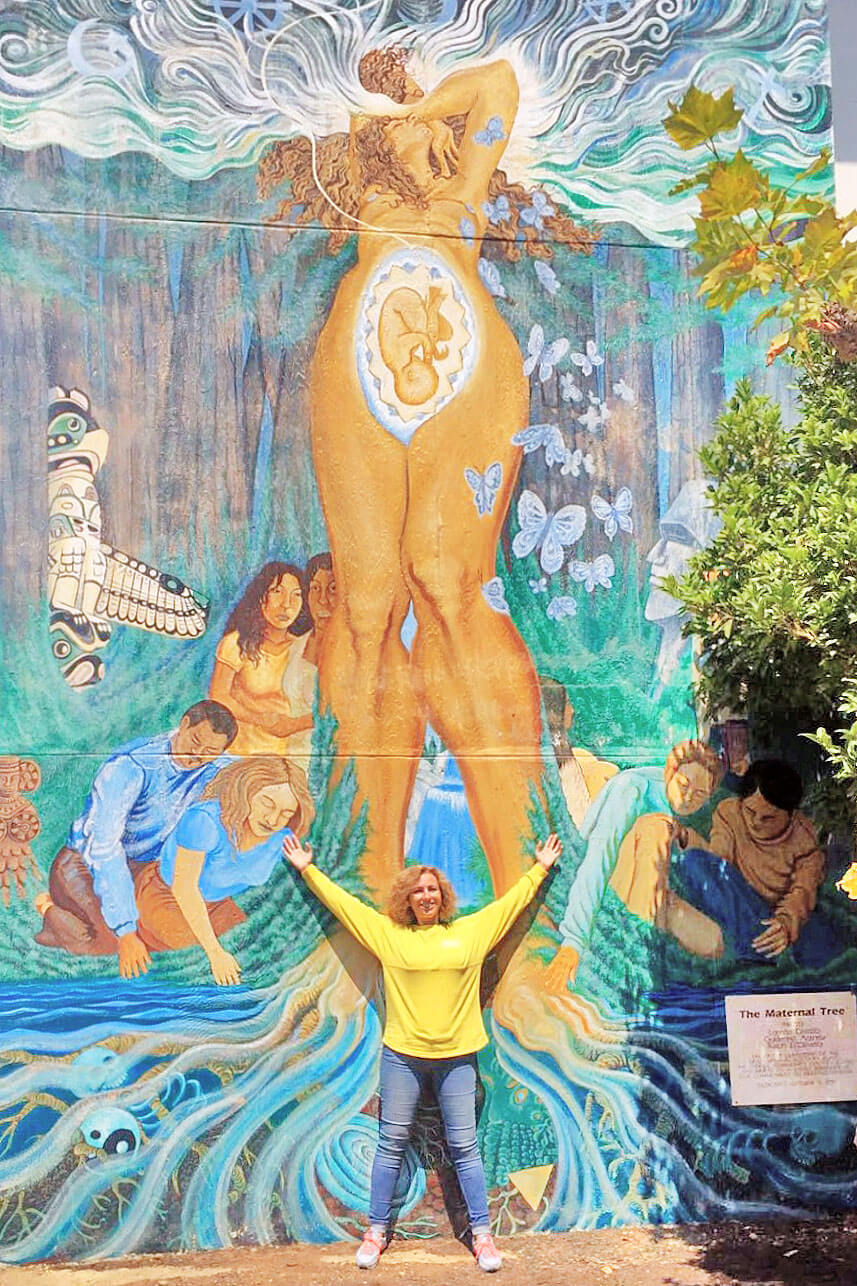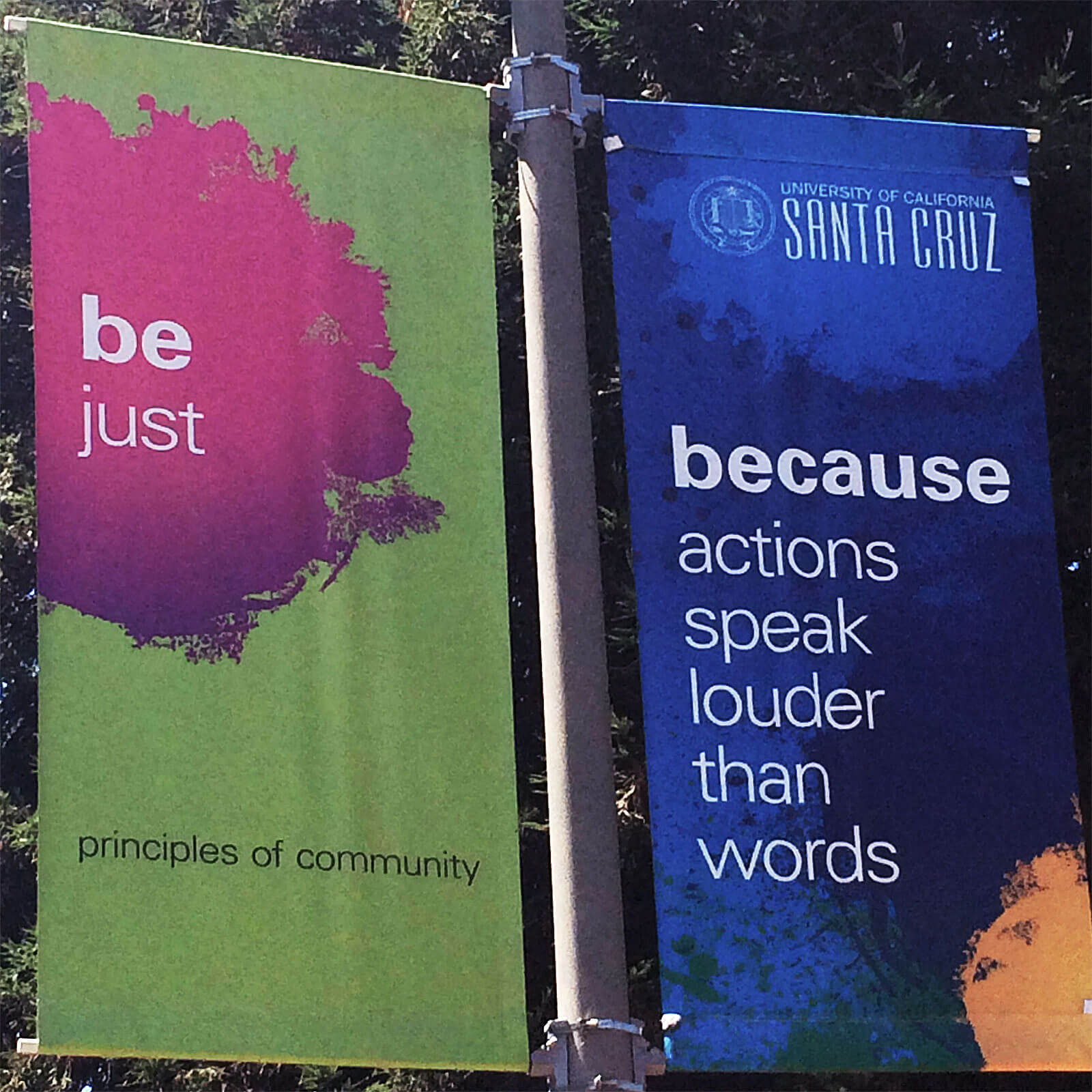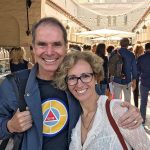NLP and Unconditional Love versus Conditional Love
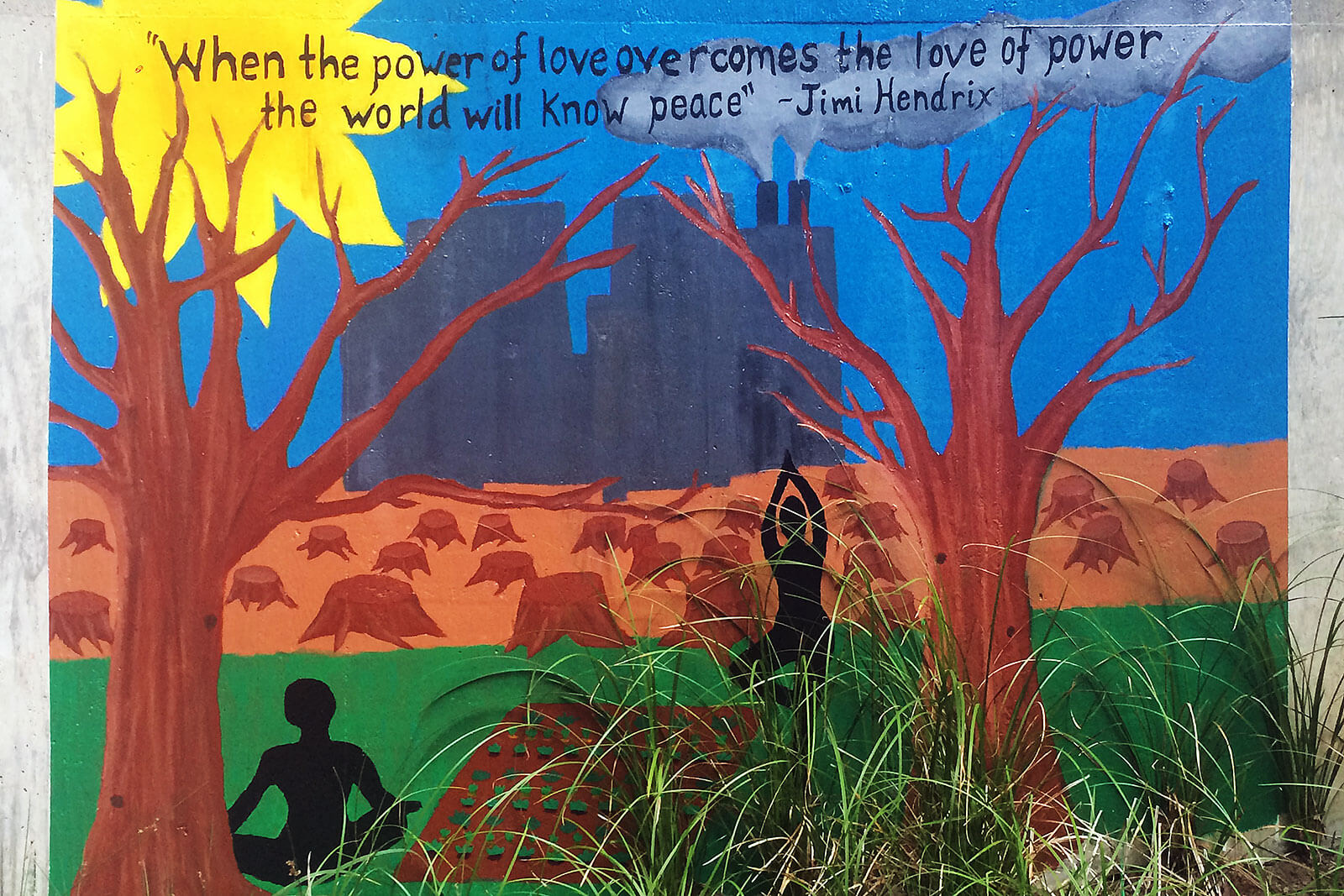
Neuro-linguistic Programming (NLP) was born in 1971, at the University of California Santa Cruz (UCSC), at Kresge college, an experimental and alternative college from that University. So ahead of it’s time that takes me to share with you the relationship between NLP and Unconditional Love versus Conditional Love.
And I’m right now, on my way to UCSC, for the second consecutive year. The energy that it’s felt is incomparable, the exchange with the co-authors of NLP, with the mother of NLP – Judith DeLozier with Robert Dilts and other members and trainers of NLPU, from dozens of different nationalities, is indescribably generative, it is taught and practiced third generation NLP, and almost fourth generation.
Here, there is space for individual growth supported by the collective, without judgements, without prejudices, without demands and rules based on limiting beliefs. Here, each BEING is unique and with its own light, it exists because it deserves it, it shines and has a mission that is being fulfilled. There is space for vulnerability. It is the harmonious symmetry between soul and ego. And it’s also the confidence that we’re working and evolving in our best version.
And it’s no surprise that the field has this energy. This college is based on a democracy that encourages the community towards a strong feeling of belonging and engagement. The vision of this college is of a place where students feel happy, can be creative and work in community and individually.
Today Kresge College is named Carl Rogers College. The humanist psychologist that has been modelled by NLP. The same that made Kresge College a case study, in a groundbreaking academic experiment where it was possible to create a community across university boarders, as Grinder describes in the book “Origins”
And it’s also in Carl Rogers that most of the Parenting with NLP practices are based on. Being one of them:
Unconditional Love versus Conditional Love
Rogers believed that people know what is good for them and they can find what they need in nature and family. I also believe that exists, in each of us, an element that knows what is best. I mention that on my book “Mothers of the World” – NLP at the service of education with ethics. The difficulty, according to Rogers, arises when society and culture develop mechanisms that counter those potentially harmonious relationships.
And among the most harmful is what he calls “conditional appreciation”. In other words, Conditional Love!
When family, school, society only fulfill the needs of a child or an adult if they prove they’re worthy. Is what happens in traditional parenting, when parents reward the “good” behavior with love and punish children when they show behaviors the parents consider “bad”. For example, when they get a sweet if they eat the soup and no PlayStation if they won’t eat.
Children that live in this kind of environment become slaves of compliments, rewards and prizes. They inevitably become egocentrics. Now, when the other, that so many times is your child, feels he has equal value, equal dignity, when his needs, wishes, ideas and emotions have equal value,
when he feels that he exists, he is seen, listen to, that he is respected and acknowledged – he’s facing Unconditional Love.
This child or adult will grow up and live with self-esteem, he will feel that he is much more than his behavior and that behavior is always the best he can and know at each moment! This is Parenting with NLP.
Now, I will keep on living on Unconditional Love and immerse myself in new sensations, emotions and knowledge, the result of modeling world leaders of excellency. I invite you to follow me on Instagram and Facebook.
In the meantime, if it’s your case, I wish you highly generative holidays and life, and filled with Unconditional Love.
With love and gratitude,
Rita

